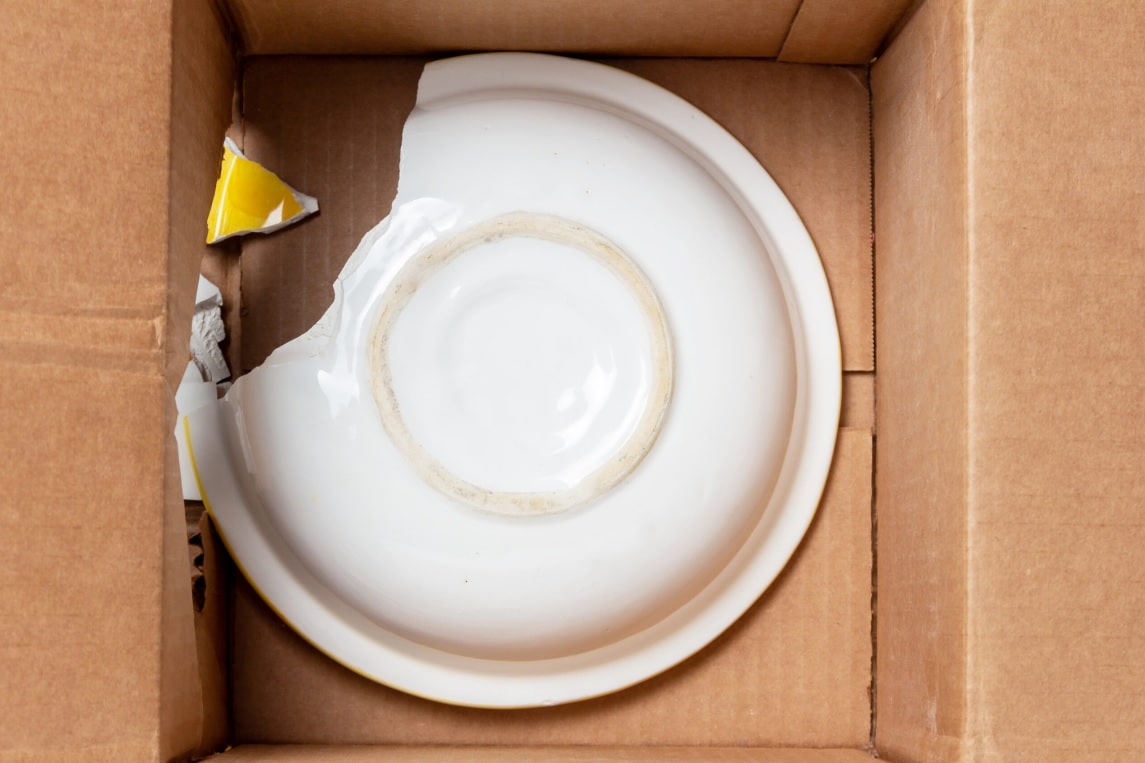
Everything You Need to Know About Moving Insurance
If you’ve ever hired a moving company, you’ve probably heard about moving insurance, but not too many people look into it beyond what might be listed on the site. While technically moving insurance isn’t actually insurance (it’s a valuation), it offers similar protections. So if something gets lost or damaged during the move, the moving company will provide appropriate compensation. So what options are available and how do you choose the right one for you? The handy guide below can provide you with more information.
Discover the Different Types of Moving Insurance
All registered moving companies must offer two specific kinds of valuations when going over state lines, but most reputable companies will also offer them for local moves. Asking about valuation coverage is a great way to filter out bad or scam companies as they often won’t have any. If you’re looking for movers, NJ or beyond, make sure to ask about their valuation protection!
Released value protection
This is the most basic coverage most NJ movers offer and comes completely free with your professional move, you just have to ask and contractually agree to the coverage. While it might not come at any extra cost to you, it’s also the most limited option. You will only be reimbursed up to 60 cents per pound per item. That might work fine for cheap items, but you’ll lose a lot of money if something expensive gets damaged like your TV, art, or fine china. Plus, there’s no option to replace or repair an item when filing a claim. All you get is the flat rate.
Full value protection
As the name suggests, this option protects your belongings for its full value. While more comprehensive than the released value, you likely will have to pay a premium - around 1-2% of your property’s value - for this valuation and, in many cases, meet a deductible.
In general, full value protection means the moving company will be liable for the full replacement value of the goods they damaged. It’s up to you to declare what you think they are worth per pound. Many moving companies will have their own policy and most will have a minimum value you have to claim for your belongings.
Some states even have regulations on what the minimum level of coverage is. If you’re not sure, you can always ask the moving or insurance company for information. Typically, the value is anywhere between $4-$6 per pound. So if you are moving 5,000 pounds and you declare the value to be $6 per pound, the maximum amount you can receive is $30,000 if everything is damaged or lost during the move.
When you file a claim, the moving company has three options:
- Repair the item
- Replace it with an item of comparable value
- Make a payout for the cost of repair or current market value of the item
Be forewarned that opting for full value protection also allows moving companies the right to limit their liability for high value items like antiques or expensive shoes. If you happen to have a lot of expensive/priceless items, make sure to bring it up to the movers to see if they will be covered or not. You might be able to purchase additional coverage for these high-value items, but you’ll need to pay a higher premium.
Third-Party Insurance for Hassle-Free Local Moving
Not all NJ movers provide a full value protection option, especially if you’re moving locally. In these cases, you can supplement it with a third-party moving insurance policy. Unlike the value protection you get from movers, the coverage you receive from third-parties is a form of liability insurance. The movers will still reimburse you for the $0.60 per pound per item if anything gets damaged. However, they will work with the insurer to make up the difference up to the limit of the policy.
How much you pay for third-party insurance depends on how much you’re moving and how far. In general, companies will weigh your property and charge a fee of $1.25 multiplied by the weight. With that said, every company will calculate the cost differently so make sure you get that information ahead of time so you’re not surprised by the final cost. Speaking of information, you should also ask what the insurance covers. Some policies might only apply to boxes that you haven’t packed yourself.
One important thing to remember is that your homeowners and renters insurance most likely will not cover your belongings during a move. You’ll have to check your moving insurance to read the caveats. In some cases where you keep the same policy your items might be covered while they’re in transit, but it’s not guaranteed.
Determining the Best and Most Suitable Options
So now that you know your options, how do you choose the best option? The first step is figuring out the value of all your belongings. That means creating a comprehensive list of everything you own before you move. While you’re at it, take a video or pictures of every object and note any existing damage.
As you create your spreadsheet, do a little research on the value of your items. Do you happen to have an expensive shoe collection, rare art, or antiques or is most of your furniture and decor from Target and Ikea? Once you’ve determined the value of your items, estimate the weight.
From there, you just need to do a little math. Say your belongings weigh a total of 5,000 pounds. The basic released value coverage will only provide a max of $3,000. If you’ve estimated that everything you own is worth $3,000 or less then there’s no need to get the full value protection.
When considering the full value protection don’t forget to factor in the cost of the insurance as well as the deductible. If you’ve decided the value of all your belongings is $80,000, then the basic $3,000 coverage won’t cut it. Even with the premium and deductible, it’s still worth it to cover your more expensive items like TVs, furniture, etc.
Protect Your Belongings Easily by Hiring the Best Movers
Having peace of mind during a move is important, especially when you are trusting a moving company with your most precious belongings. That’s why you want to hire NJ movers that provide value protections. That way, if something gets damaged or lost, you’ll receive some compensation.
